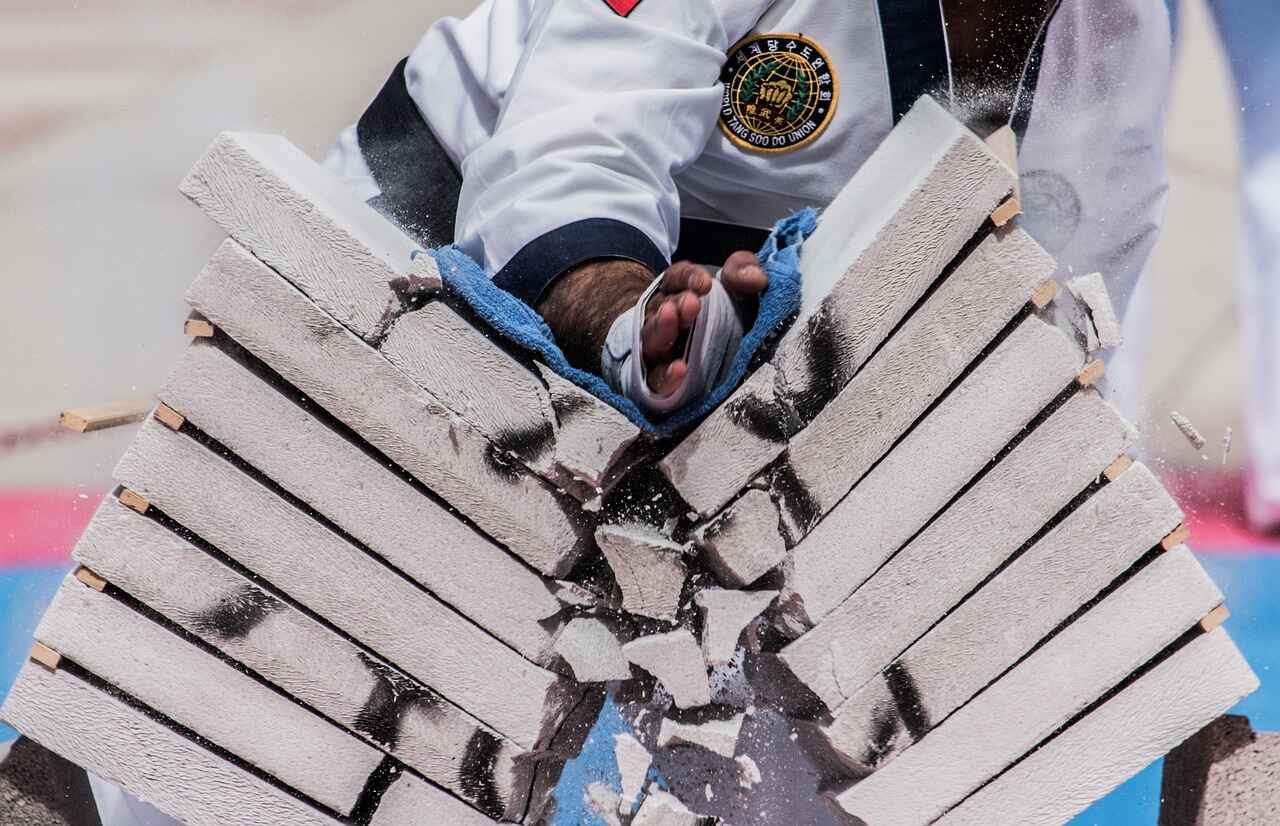The Role of Discipline in Martial Arts Training
-
in Blog
-
Hits: 3592

The Role of Discipline in Martial Arts Training
Discipline is the cornerstone of martial arts training. Beyond physical techniques and forms, martial arts instills a profound sense of self-control, focus, and perseverance that transcends the dojo and influences every aspect of life. Whether practiced as a sport, a means of self-defense, or a path to personal growth, martial arts fundamentally revolves around discipline.
Understanding Discipline in Martial Arts
In martial arts, discipline is not merely about following rules; it’s a mindset. It involves:
-
Commitment to Training: Regular practice, even on challenging days, builds consistency and mastery.
-
Respect for Instructors and Peers: Martial arts teaches humility and respect, fostering a supportive learning environment.
-
Self-Control: Whether sparring or practicing forms, martial artists learn to channel their energy effectively and remain composed under pressure.
Discipline in Daily Training
Martial arts training is structured to cultivate discipline through repetition, adherence to routines, and focus on improvement. Here’s how discipline plays a role:
-
Mastery of Techniques: Progress in martial arts depends on the consistent practice of techniques. Discipline ensures students repeat movements until they achieve precision.
-
Goal Setting: Whether earning a new belt or perfecting a specific skill, martial arts emphasizes setting and achieving personal goals, fostering a sense of accomplishment.
-
Physical Conditioning: Strength, flexibility, and endurance are vital. Discipline ensures practitioners maintain a fitness regimen that supports their martial arts journey.
Mental and Emotional Benefits of Discipline
The discipline cultivated in martial arts extends beyond physical training and provides several mental and emotional benefits:
-
Focus and Concentration: Martial arts demands undivided attention, enhancing the ability to stay present and concentrate in daily life.
-
Resilience: Facing challenges in training, such as overcoming plateaus or learning difficult techniques, builds mental toughness and resilience.
-
Stress Management: The structured environment of martial arts helps practitioners manage stress and maintain emotional balance.
Discipline as a Life Skill
One of the greatest rewards of martial arts training is how discipline carries over into everyday life. Practitioners often find themselves more:
-
Punctual and Reliable: The strict schedules and expectations in martial arts cultivate time management skills.
-
Confident: Discipline boosts self-confidence by proving to oneself that consistent effort leads to tangible results.
-
Respectful: The values of respect and humility ingrained in martial arts influence interactions with others.
Teaching Discipline to Beginners
For beginners, developing discipline might feel overwhelming, but martial arts instructors play a crucial role in guiding students through:
-
Structured Lessons: Clear routines and incremental challenges help beginners build a foundation of discipline.
-
Positive Reinforcement: Encouragement and recognition of progress motivate students to stay committed.
-
Role Modeling: Instructors lead by example, demonstrating the discipline they expect from their students.
Conclusion
Discipline is more than a skill; it’s a way of life in martial arts. It empowers practitioners to achieve their potential, both on and off the mat. By embracing discipline, martial artists not only improve their techniques but also build the character and resilience needed to navigate life’s challenges. In the words of martial arts masters, "Discipline is the bridge between goals and achievement."

